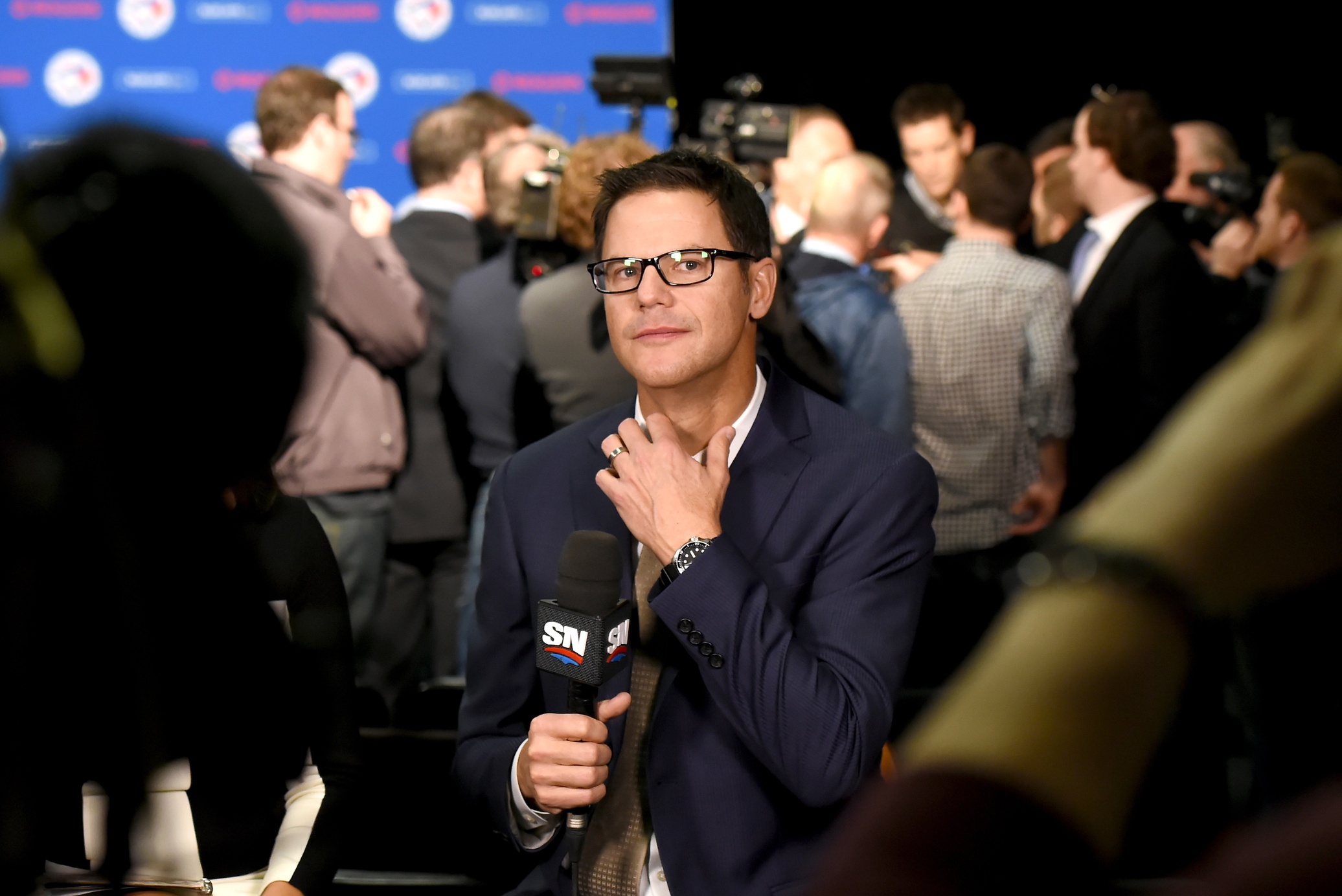Being a GM is glamorous. There is media attention, peer reverence, people seeking career advice AND you get to drive to a ballpark every day.
This piece is NOT about those great aspects, however.
It is about the low points, irritations, and the things I’ve had to worry about many, many times. Things like hitting budget, avoiding PR disasters, and having a great product are common challenges every company in the world shares.
What I want to illuminate, however, are ones indigenous to MiLB caused me to lose a lot of sleep over my career.
Player Appearances Arriving on Time
As previously discussed, ordering promotional items could be stressful. Secretly, one of the reasons teams post pictures of their merchandise and giveaways arriving is as a result of the sheer happiness and relief of learning that the product is in house nice and early. Unfortunately, one promotion that cannot be delivered well in advance is former players brought in to sign autographs.
Typically, you want a player signing autographs to arrive the night before, so you know they’re in town, but that isn’t always feasible. Too many things could go wrong when they arrive the same day; anything from from the flight getting delayed to them flat out forgetting.
In general, dealing with former star players is difficult because they are used to having everything done for them. As well, there’s a lot of pre-promotion and work that go into securing those appearances. Unlike other promotions or fireworks, these players hold a lot of sentimental value to fans.
They matter.
Fans have had their baseball cards for years. They are part of childhood memories. They NEED to show up, or everyone looks bad, especially the team.
I had a former player once miss his flight entirely. He thought that because his signing was on a Tuesday, his flight was on Tuesday, not the day before, like we discussed, that was in his contract, like his agent told him, and like we confirmed over email. Add in that he ok’d a few PR interviews the morning of the game, and I was baffled. After that, it was a deal-breaker if the player couldn’t arrive the night before his appearance.
No matter the player. We couldn’t take any risks.
Team Transportation
In leagues where teams are not that close to each other, it could take up to seven hours of travel (in the middle of the night) to get to the next city. On nights the team travelled, I couldn’t sleep until I heard from the trainer that the team had arrived at the hotel.
The team travels in one large bus, on winding roads and highways with no lights. There are absolute horror stories of this going awry.
I honestly don’t know how minor hockey league general managers ever sleep, because they have those same travel challenges AND do it in the middle of the winter with a sheet of ice on the ground.
Hiring Great Game Day Staff
Every company in the world worries about hiring great staff. However, not many industries’ success is as dependent on part-time staff as baseball. So much work goes into creating a terrific experience for the community and it could be lost by a bad altercation with an usher, ticket taker, or concession worker. I’ve seen it happen, and it’s incredibly frustrating.
Because MiLB is so dependent on fan experience, because of how its industry is set up around positive human interaction and experience, teams’ brands rely on the part time and game day staff they hires. Every company has had an hourly employee steal from the till, lash out a customer, and show up late. Those are generic problems. That said, if Foot Locker or Buffalo Wild Wings had a staff member like that, their brand is strong enough to bounce back. An MiLB team might not be so lucky, especially as they build their reputation.
One of the pros and cons of wearing your city’s name across your chest is that people care about the team and stadium. Social media amplifies those emotions and a negative review could cause a serious challenge to a team trying to impress its fans.
Foul Balls Hitting Fans
A team can have extra secure netting that covers more seating area, extra ushers, more visible paramedics on site, and additional PA announcements telling fans to watch out for foul balls, but a fan getting hit by a foul ball is an inevitable and gruesome scene. What is important is how the team reacts when it happens.
Once, a family was sitting right over the 1st base dugout for a night game, and the sun was setting in their eyes. A right-handed batter was late on a fastball and fouled it off right at them, and because the sun was in his eyes, it didn’t matter that the eight year-old had his glove. The ball hit him squarely in the head, and he never saw it coming.
To this day, it is still the worst sound I’ve heard in my life, like one large knock on a front door. The crowd gasped at the sound. The kid was unconscious and the parents were hysterically crying. Thankfully, the numerous and excellent EMT staff on site helped the kid recover and diffused a very bad situation.
Legally, the team is covered due to the small print on the back of the ticket, but the challenge isn’t about legalities: it’s about how the team handle fans in distress and rises to the challenge.
I wouldn’t trade my time in MiLB for anything, and I will always recommend working in that industry. With that said, if you are someone that needs eight hours of sleep per night, this might not be the role for you.
